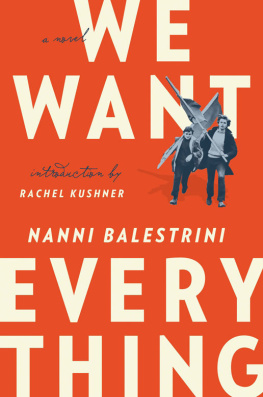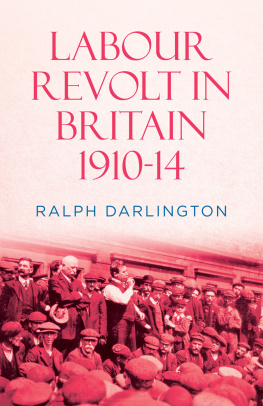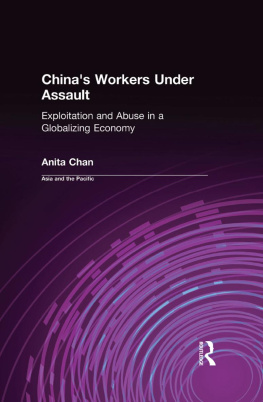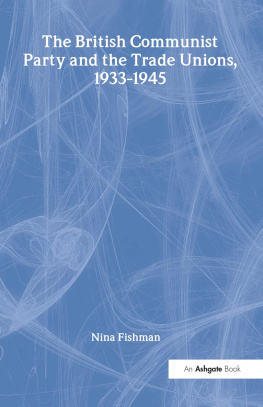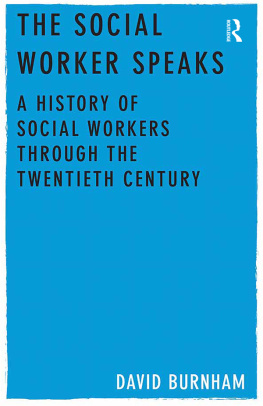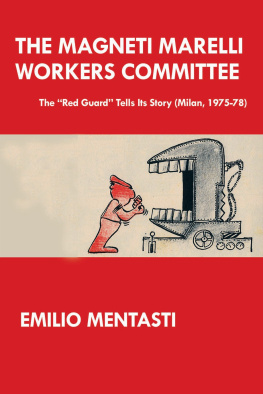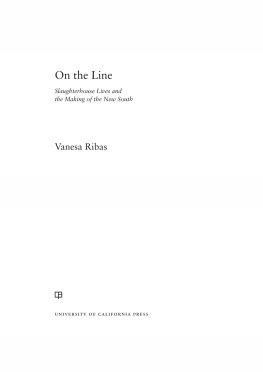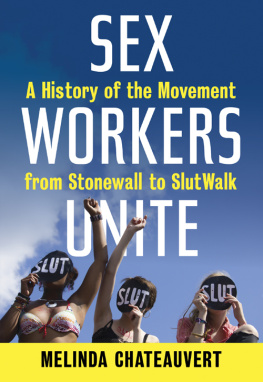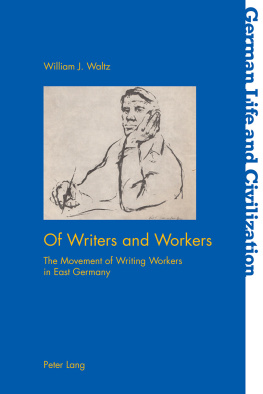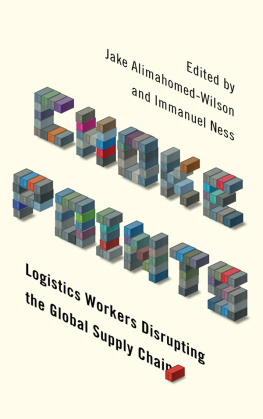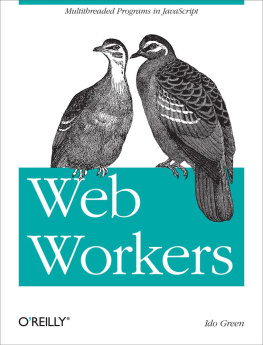In the penultimate moment of Luchino Viscontis 1960 film Rocco and His Brothers, the factory siren of an Alfa Romeo plant on the outskirts of Milan sounds, indicating that its time for Ciro, one of Roccos brothers, to return to work. The workers, Ciro among them, all turn around and head toward the gates, showing viewers the famous automotive logo on the back of their coveralls. Ciro is the good brother, the one who found a way to live in industrial northern Italy: he accepts his social position as an unskilled worker, marries a nice local petty bourgeois girl, and lives cleanly. Ciro has just reported his brother Simone to the police. Simone has murdered Nadia, a prostitute he and Rocco have fought over. Rocco has gone off to pursue a career in the brutal world of professional boxing. The family is shattered and dispersed. The youngest brother, Luca, standing outside the Alfa plant with Ciro, says he hopes to someday return to the southern region of Lucania, where theyre from.
Why would they have left Lucania to begin with, a world where you relax in the sun, go to the beach, take a tomato from the vine when youre hungry? There was chronic underemployment in the south. The soil was of poor quality. After grain markets were deregulated, prices plummeted. For rural populations in the Mezzogiorno there was simply no future. At the same time, the Italian postwar economic miracle meant there were jobs in the factories of the rapidly industrialising north. Between 1951 and 1971, 9 million people migrated from rural to industrial areas in Italy. They often arrived in the big cities with nothing, and were forced to live in train station waiting rooms or on relatives floors, if they had that option. They worked day and evening shifts on building sites or in factories that offered treacherous conditions and long hours.
This history is all deftly evoked in Viscontis film: the alienation that Roccos family finds in damp and cold Milan, an abject and miserable life in the basement of a housing project, and their attempts to survive in a city where they are little more than pariahs, terroni excluded from northern working-class life. The film ends after the southerners return from lunch to their shift on the assembly lines at Alfa Romeo, and yet the saga is not over. It is far from over. The end of the film opens outward to the portents of the future. To what was to come, and eventually did come.
Almost a decade later, in 1969, the workers from the south on the assembly lines of the north revolted in waves of wildcat strikes and violence. And yet it was not really a workers movement along the available spectrum, then, of worker organisations and, most notably, the Communist Party. May Day, for instance, a celebration of work, seemed imbecilic to these newly migrated workers in revolt. They regarded the Communist Party as an impediment to real change and little more, an organ of compromise with company bosses. These workers were ready to reject the entire structure of northern life and of work itself. Their revolt was an all-out assault on their own exploitation. They wanted everything, as their placard slogan and shop floor chant famously expressed, Vogliamo Tutto!
We Want Everything is a novel of great energy and originality that succeeds on three different levels simultaneously, as a work of astounding art, a document of history, and a political analysis that remains resonant to the contradictions of the present. The artfulness lies in the tone: the person who speaks in the first person in this novel is nameless, but not at all unknown to us. He is intimate, insolent, blunt. Hes full of personality, full of humour, and rage. He speaks in a kind of vernacular poetry that gets into the mind, and stays there. All this new stuff in the city had a price on it, he says, from the newspaper to the meat to the shoes; everything had a price. His story is likely that of a real person, named Alfonso Natella, to whom the book is dedicated. Perhaps crucially, the protagonist speaks in a vaguely testimonial form to those who were not there. He was there, and he knows we, his readers, were not, and so he gives us a full account of his life. The book in its entire first half is something like a dossier, and we know the dossier matters: its the case file of someone who was witness to the clashes and convulsions of his own historical era.
Our hero arrives in Turin and is lucky enough to have a place to sleep at his sisters, while many of the great tide of southerners washing into Turin are living in the second-class waiting room at Porta Nuova train station, which would admit anyone with a Fiat ID card or a letter from Fiat stating that he had an interview at the factory. The police patrolled the train station vigilantly, but not on the lookout for loiterers and squatters. The police were looking for journalists, making sure they didnt get anywhere near the second-class waiting room, this dormitory, for free, that Fiat had at the Torino train station, as the protagonist says.
At the Fiat plant, he seeks employment along with 20,000 other new hires. The monsters were coming, he says, the horrible workers. And their monstrosity is magnified by the high demand for labour. Many workers left after just a few days, the work was so unbearable. Some withstood only half a day before choosing destitution over the demands of the assembly line. The protagonist is part of this tide of necessary monsters, hated that much more because the factory must hire them, must deal with them.
He goes through an interview process that is a pantomime (everyone is hired), then a factory medical assessment, which is even more comical and absurd. The protagonist endures muscle-strength testing on newfangled machinery, a blood test in a room that features high piles of stinking, blood-soaked cotton balls, a piss test that the men prepare for in a circle, making beer, as they joke, and then finally, the doctors examination, in which the protagonist, for the hell of it, seeing that the whole thing is a charade, announces that he is missing one testicle.
Hes hired despite his lie. They are all hired. Maybe they wouldnt have taken a paraplegic, the protagonist speculates. But the medical exam has not been entirely a charade. To this reader it seems a necessary stage in these workers exploitation: they are handing over the rights to their sole possessiontheir bodiesto the bosses of Fiat, transferring ownership of their selves to the factory. And so when the protagonist claims to the company doctor that hes only got one ball, he is throwing

